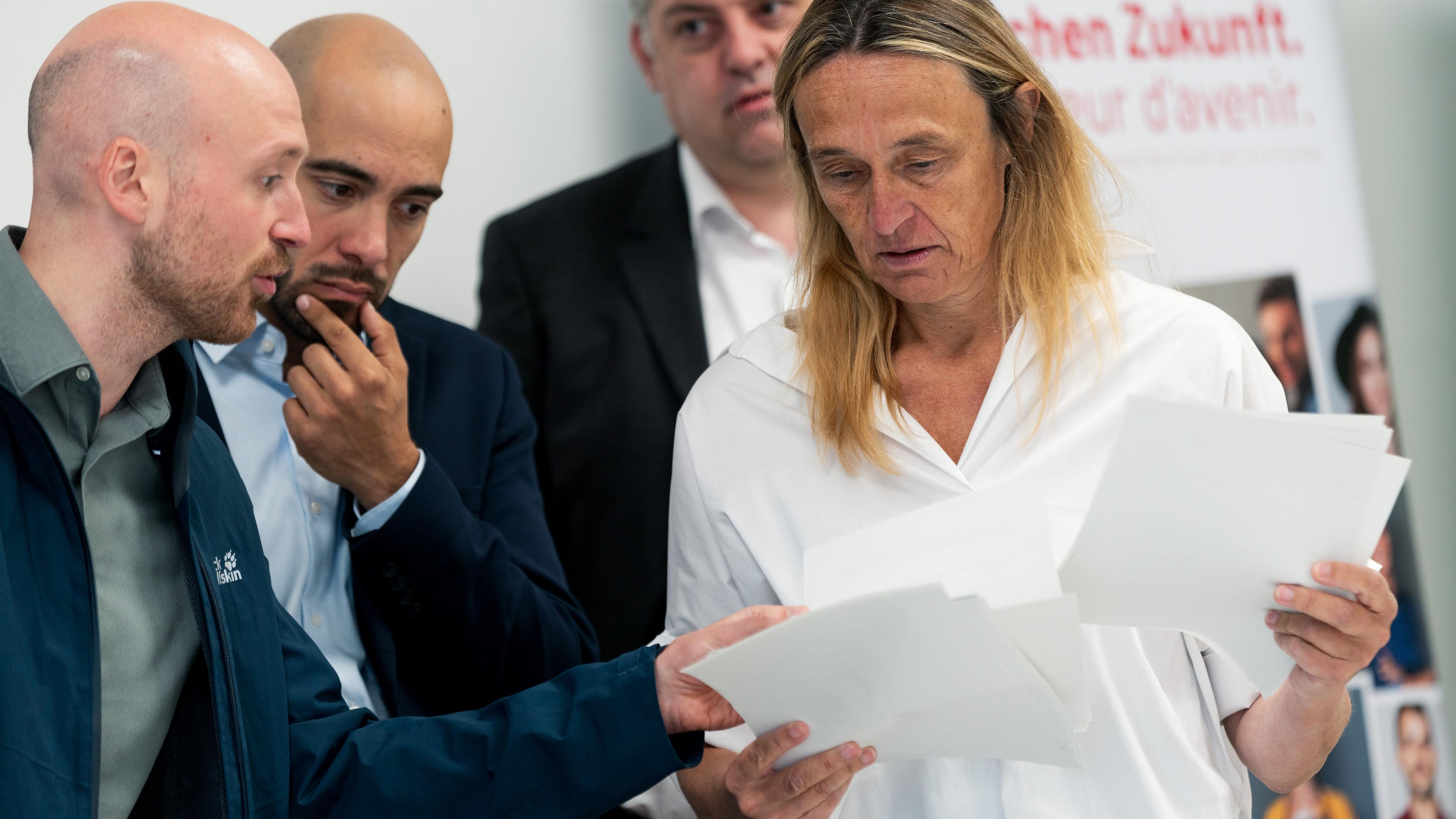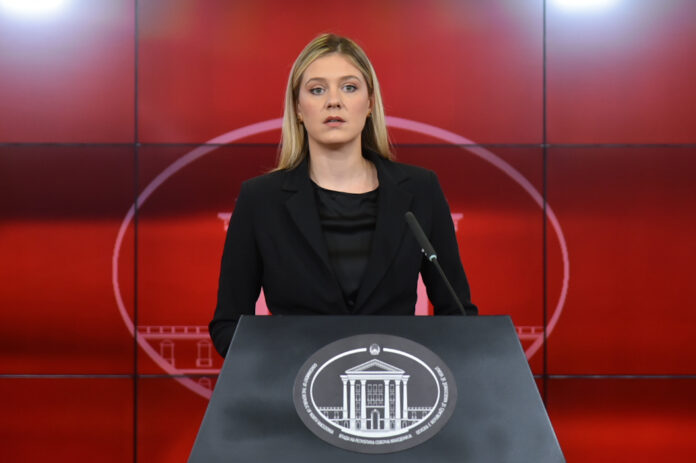The Greek Church will open its own bank

The Greek Orthodox Church will open its own bank in the coming months, Kathimerini reports on Monday.
She has already applied for a bank license. This move, developed quietly over the last three years, has raised an internal debate among the clergy and raised questions about the role of the institution in finance, the newspaper writes.
The initiative provides for a fully digital financial institution without physical branches, allowing clients to have access to services through remote online access.
« It will be a very modern electronic bank and will not use church assets as a collateral, » said Kathimerini source, rejecting speculation that it will function as a « holy bank ».
The « divorce » between the state and the church roused the spirits in Greece
According to him, the church will not pay its own capital to the bank, but will use its reputation to attract investors.
While some church officials support the plan, others remain skeptical. « Let’s see when the results will begin to emerge whether the bishops will gradually want to become shareholders, » said a source of the newspaper. There is also a fear of what the attitude of the existing banking sector would be.
The initiative is supported by the Financial Innovation Holding SA, with former Postal Bank president Angelos Philipidis being considered a key supporter.
If approved, the bank is expected to expand its operations outside Greece aimed at the Greek Diaspora communities worldwide.
Image
The project leaders insist that the initiative does not seek to imitate the financial operations of the Roman Catholic Church. « We are not turning into the Vatican, » a church source explained, trying to prevent comparisons with past financial scandals involving the Holy See.
Greek priests will no longer be government officials, the church will pay taxes
The Vatican Bank, whose official name is the Institute of Religious Activities, was founded in 1942, based on a decree from the end of the eighteenth century. In order to ensure its existence, the sin from the money -lender is re -complained, and instead of a profit from money, it is understood as « excessive upgrading ».
In the 1960s and 1980s, the bank was involved in several major scandals related to money laundering, including drugs, against a commission.
Following the reform in 2022, Pope Francis changed the status of the bank, which is already « the only and exclusive entity responsible for the asset management activities and the guardian of the movable assets of the Holy See, as well as those of its departments, services and related persons. »






